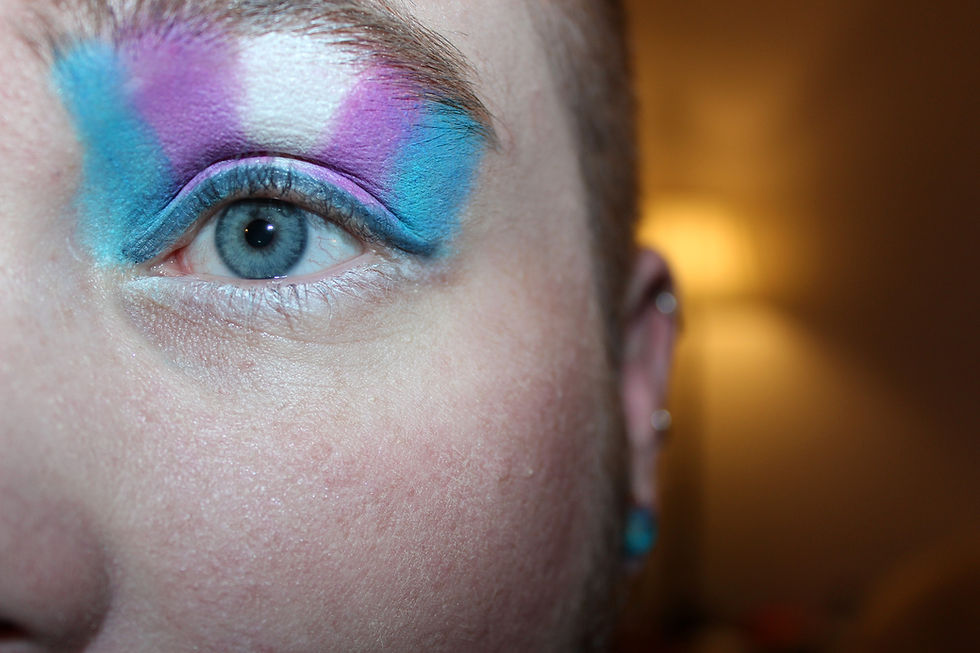5 Mental Health Techniques to Enhance Your Well-being
- Owen Spencer
- Jun 19, 2024
- 3 min read
In today's fast-paced world, maintaining mental health can often be challenging. Whether you're dealing with everyday stress or more significant mental health issues, there are practical techniques you can adopt to improve your well-being. Here are five mental health techniques that can make a difference in your life.
1. Mindfulness Meditation

What is it? Mindfulness meditation involves focusing on the present moment without judgment. It helps increase awareness of your thoughts, feelings, and sensations.
Benefits:
Reduces stress and anxiety.
Enhances emotional regulation.
Improves concentration and attention.
How to practice:
Find a quiet place to sit or lie down comfortably.
Close your eyes and take deep breaths.
Focus on your breathing, noting the sensation of the air entering and leaving your body.
If your mind wanders, gently bring your focus back to your breath.
Tip: Start with just 5-10 minutes a day and gradually increase the duration as you become more comfortable with the practice.
2. Physical Exercise

What is it? Engaging in regular physical activity, whether it's a structured workout or a simple daily walk.
Benefits:
Releases endorphins, which improve mood.
Reduces symptoms of depression and anxiety.
Enhances overall cognitive function.
How to practice:
Aim for at least 30 minutes of moderate exercise most days of the week.
Choose activities you enjoy, such as dancing, swimming, or hiking, to stay motivated.
Tip: Incorporate a mix of cardio, strength training, and flexibility exercises for a well-rounded fitness routine.
3. Gratitude Journaling

What is it? Writing down things you are grateful for on a regular basis to help foster a positive outlook on life.
Benefits:
Increases happiness and life satisfaction.
Reduces negative emotions like envy and resentment.
Enhances resilience during tough times.
How to practice:
Choose a dedicated journal or digital app.
Write down 3-5 things you are grateful for each day.
Reflect on why you are grateful for these things and how they make you feel.
Tip: Consistency is key. Try to make it a daily habit, perhaps before bed, to end the day on a positive note.
4. Cognitive Behavioural Techniques (CBT)

What is it? CBT is a type of psychotherapy that helps individuals identify and change negative thought patterns and behaviours.
Benefits:
Reduces symptoms of various mental health conditions, including depression and anxiety.
Improves problem-solving skills.
Promotes healthier thinking patterns.
How to practice:
Identify negative thoughts that arise in different situations.
Challenge these thoughts by questioning their validity and considering alternative perspectives.
Replace negative thoughts with more realistic and positive ones.
Tip: Consider working with a licensed therapist to learn and apply CBT techniques effectively.
5. Social Connection

What is it? Maintaining and nurturing relationships with family, friends, and community.
Benefits:
Reduces feelings of loneliness and isolation.
Provides emotional support during difficult times.
Enhances overall life satisfaction and happiness.
How to practice:
Make time for regular social activities, whether in-person or virtual.
Reach out to loved ones regularly to check in and offer support.
Join clubs, groups, or volunteer organizations to meet new people with similar interests.
Tip: Quality matters more than quantity. Focus on building deep, meaningful relationships rather than simply increasing the number of social contacts.
Improving mental health is a continuous journey, and integrating these techniques into your daily routine can lead to significant positive changes. Remember, it's essential to find what works best for you and to be patient with yourself as you explore these practices. Your mental well-being is just as important as your physical health, so take the time to nurture it with these effective techniques.







